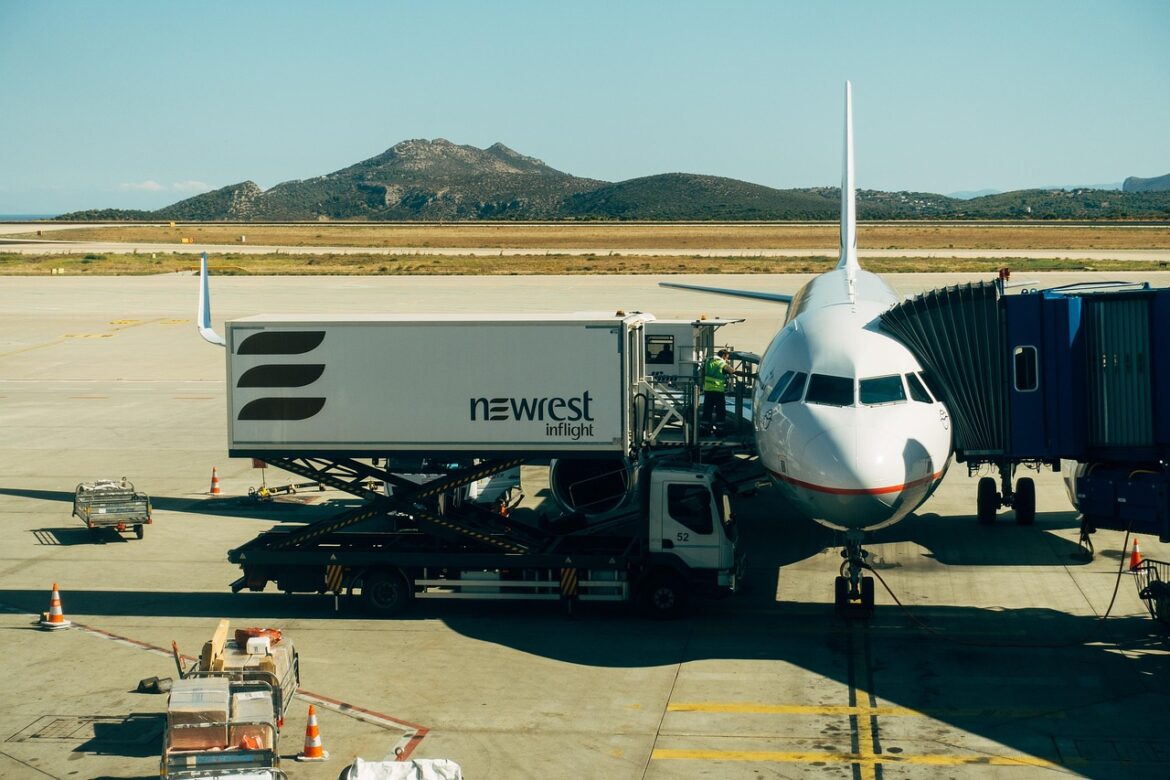Imagine taking a flight, only to find out that your airline can’t expand its services due to delays in aircraft deliveries. This is the reality for many airlines today, as the travel industry faces a complex web of supply chain challenges. Let’s dive into some of the latest trends impacting the travel sector.
Aircraft Delivery Delays: A Growing Crisis
One of the biggest challenges airlines are facing today is the delay in aircraft deliveries. This isn’t just a minor hiccup; it’s a significant issue affecting the entire industry. The International Air Transport Association (IATA) notes that airlines are receiving about 26% fewer deliveries than expected, with wait times stretching up to 14 years for some aircraft orders[6].
Impact on Airlines:
- United Airlines, for example, has been expanding its routes, but delays from Boeing have hindered its growth plans. CEO Scott Kirby expressed enthusiasm about Africa’s potential, but noted that supply chain setbacks have slowed down expansions[5].
Tariffs and Supply Chain Risks
Economic and geopolitical tensions have complicated the situation further. Recent tariffs imposed by the U.S. government have raised concerns about increased costs and potential safety risks. The Aerospace Industries Association warned that tariffs could disrupt the supply chain and impact aviation safety[4].
Industry Concerns:
- Association of Asia Pacific Airlines urged swift action to resolve these supply chain issues, emphasizing the need for stable and reliable aircraft deliveries to meet sustainability targets[5].
Global Aviation Challenges
The global aviation sector is facing a trifecta of challenges: delayed aircraft deliveries, ongoing trade disputes, and geopolitical instability. Despite strong passenger demand, these issues are limiting the sector’s expansion[6].
Key Challenges:
- Supply Chain Disruptions: Airlines are struggling to maintain capacity due to these ongoing disruptions.
- Economic Pressures: tariffs and increasing operational costs are causing airlines to revisit their forecasts[5].
Navigating Unstable Times
While the passenger demand remains robust, with leisure travel thriving, the supply chain disruptions are a significant hurdle. The industry is calling for swift action from policymakers and manufacturers to address these challenges and ensure a smoother recovery[6].
Conclusion
The travel industry’s supply chain challenges are complex and multifaceted, affected by both internal production delays and external geopolitical factors. As airlines and policymakers work to address these issues, travelers can expect a gradual return to normalcy over time. However, for now, the industry remains in a state of flux.
References:
- https://talkinglogistics.com/2025/06/06/above-the-fold-supply-chain-logistics-news-june-6-2025/
- https://www.luggage-factories.com/en/news-detail/112193
- https://www.bts.gov/newsroom/april-2025-freight-transportation-services-index-tsi-down-05-previous-month-and-07-same
- https://www.fox13seattle.com/news/airline-aerospace-industries-trump-tariffs-supply-chains
- https://www.eplaneai.com/news/airlines-struggle-with-ongoing-supply-chain-disruptions
- https://www.tourism-review.com/global-aviation-sector-fights-challenges-news14986
- https://magenest.com/en/ecommerce-statistics-2024/
- https://www.ttnews.com/articles/fleet-margins-cscmp-2025



